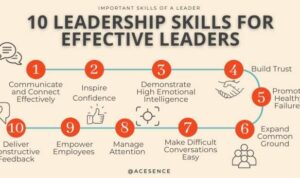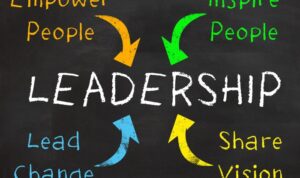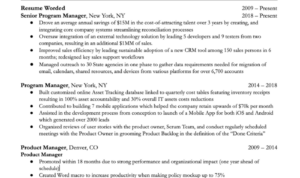Developing Leadership Skills is a crucial aspect of personal growth and professional success. From identifying leadership potential to enhancing emotional intelligence, this journey is filled with invaluable insights and strategies that will empower you to lead with confidence and resilience. Let’s dive into the world of leadership and discover how you can unleash your full potential as a dynamic and effective leader.
Understanding Leadership Skills
Leadership skills are the abilities and qualities that enable an individual to guide, direct, and influence others towards a common goal or objective. These skills are essential in various aspects of life, including professional settings, community involvement, and personal relationships.
Examples of Strong Leaders and Their Specific Skills
- Barack Obama: Exceptional communication skills, ability to inspire and motivate others, strategic thinking.
- Oprah Winfrey: Empathy, active listening, emotional intelligence, decision-making.
- Elon Musk: Visionary leadership, risk-taking, innovation, resilience.
Difference Between Leadership Skills and Leadership Styles
Leadership skills are the specific abilities and traits that a leader possesses, such as communication, decision-making, and problem-solving. On the other hand, leadership styles refer to the approach or manner in which a leader leads and interacts with their team or followers. Some common leadership styles include autocratic, democratic, transformational, and laissez-faire.
Developing Leadership Skills in the Workplace
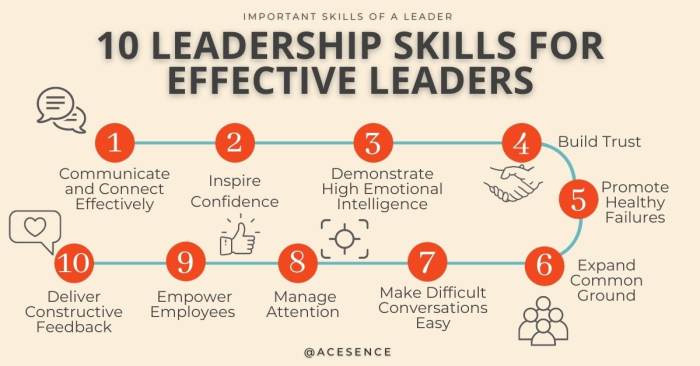
To excel in the workplace, honing leadership skills is crucial. It involves identifying potential leaders among employees, fostering these skills within a team, and emphasizing continuous learning and growth for effective leadership.
Identifying Leadership Potential in Employees
Identifying leadership potential in employees requires keen observation and assessment. Look for individuals who demonstrate strong communication skills, problem-solving abilities, initiative, and the ability to motivate others. Keep an eye out for those who take on additional responsibilities willingly and show a natural inclination towards leading others.
Strategies for Fostering Leadership Skills within a Team
To foster leadership skills within a team, provide opportunities for employees to take on leadership roles in projects or initiatives. Encourage open communication, collaboration, and teamwork. Offer mentorship programs where experienced leaders can guide and support those who are developing their leadership skills. Recognize and reward leadership qualities and behaviors to reinforce their importance within the team.
The Importance of Continuous Learning and Growth for Effective Leadership
Continuous learning and growth are essential for effective leadership. Leaders should continuously seek opportunities to expand their knowledge, skills, and abilities. This can be achieved through workshops, training programs, networking events, and seeking feedback from peers and mentors. Emphasize the importance of self-improvement and encourage a growth mindset within the team to create a culture of continuous learning and development.
Effective Communication for Leaders
Effective communication is crucial for leadership development as it plays a key role in establishing trust, fostering relationships, and inspiring team members. Leaders who can effectively communicate their vision, expectations, and feedback are more likely to succeed in guiding their teams towards success.
Tips for Improving Communication Skills as a Leader, Developing Leadership Skills
- Active listening: Pay attention to what others are saying without interrupting, show empathy, and ask clarifying questions.
- Be clear and concise: Clearly articulate your ideas and instructions to avoid confusion among team members.
- Use non-verbal cues: Pay attention to body language, facial expressions, and tone of voice to convey your message effectively.
- Solicit feedback: Encourage open communication by seeking input from team members and being receptive to their ideas and concerns.
- Practice empathy: Understand the perspectives of others and communicate with sensitivity to build rapport and trust.
Impact of Good Communication on Team Productivity and Morale
Effective communication has a direct impact on team productivity and morale. When leaders communicate clearly and transparently, team members are more likely to understand their roles, goals, and expectations, leading to improved performance and efficiency. Good communication also fosters a positive work environment, boosts morale, and enhances teamwork by promoting collaboration and trust among team members.
Emotional Intelligence and Leadership
Emotional intelligence is the ability to understand and manage your own emotions, as well as recognize and influence the emotions of others. In leadership, emotional intelligence plays a crucial role in building strong relationships, resolving conflicts, and inspiring team members to achieve common goals.
Enhancing Emotional Intelligence for Better Leadership Outcomes
- Practice self-awareness: Take time to reflect on your emotions, triggers, and reactions in different situations.
- Develop empathy: Put yourself in others’ shoes to understand their perspectives and feelings.
- Enhance social skills: Improve your communication, collaboration, and conflict resolution abilities.
- Manage emotions effectively: Learn to regulate your emotions and stay calm under pressure.
Emotional Intelligence in Decision-Making and Team Dynamics
Emotional intelligence influences decision-making by helping leaders consider not only logical factors but also the feelings and motivations of those involved.
- Decision-making: Leaders with high emotional intelligence can make decisions that take into account the impact on team members and stakeholders, leading to more inclusive and effective outcomes.
- Team dynamics: Emotional intelligence fosters a positive team environment by promoting trust, open communication, and collaboration among team members.
Leading by Example
Leading by example is a crucial leadership skill that involves demonstrating the behaviors and qualities that you expect from others. By setting a positive example, leaders can inspire and motivate their team members to follow suit, ultimately fostering a culture of excellence and accountability within the organization.
Importance of Leading by Example
- Establishes Credibility: When leaders practice what they preach, they gain the trust and respect of their team members, making it easier to influence and guide them.
- Builds Trust: By consistently demonstrating integrity, work ethic, and dedication, leaders can build trust with their team, creating a strong foundation for collaboration and teamwork.
- Inspires Others: When team members see their leaders embodying the values and principles they advocate for, they are more likely to be motivated to emulate those behaviors themselves.
Examples of Leading by Example
- Showing up early and staying late to demonstrate commitment and work ethic.
- Handling challenges with a positive attitude and resilience, inspiring team members to do the same.
- Seeking feedback and continuously improving oneself, encouraging a culture of growth and development within the team.
Challenges in Leading by Example
- Consistency: It can be challenging for leaders to consistently model the behaviors they expect from others, especially in high-pressure situations.
- Self-awareness: Leaders need to be self-aware and willing to acknowledge their own shortcomings in order to lead by example effectively.
- Resentment: Some team members may feel resentful or skeptical if they perceive leaders as holding themselves to a different standard than the rest of the team.
Adaptability and Resilience in Leadership: Developing Leadership Skills
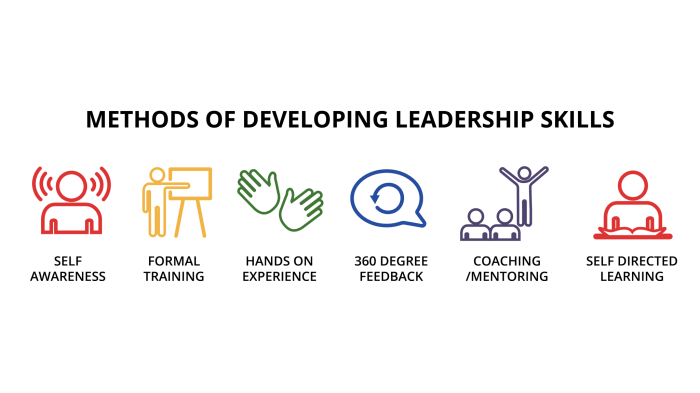
Adaptability and resilience play crucial roles in effective leadership. Leaders who are adaptable can adjust to changing circumstances, embrace new ideas, and pivot quickly when faced with unexpected challenges. On the other hand, resilience enables leaders to bounce back from setbacks, learn from failures, and stay focused on their goals despite obstacles.
Strategies for Developing Adaptability and Resilience
- Embrace change: Instead of resisting change, view it as an opportunity for growth and learning. Stay open-minded and flexible to new ideas and ways of doing things.
- Build a strong support network: Surround yourself with trusted advisors, mentors, and colleagues who can provide guidance and encouragement during tough times.
- Practice self-care: Take care of your physical and mental well-being through exercise, meditation, and hobbies that help you recharge and stay resilient in the face of challenges.
- Learn from failures: Instead of dwelling on mistakes, reflect on what you can learn from them and use those lessons to improve and grow as a leader.
Benefits of Being Adaptable and Resilient
- Effective problem-solving: Adaptable leaders can quickly find creative solutions to complex problems by thinking outside the box and considering different perspectives.
- Improved decision-making: Resilient leaders can make tough decisions with confidence, knowing that they can handle whatever comes their way, even if the outcome is not as expected.
- Enhanced team performance: By modeling adaptability and resilience, leaders can inspire their teams to overcome challenges together and thrive in dynamic environments.









